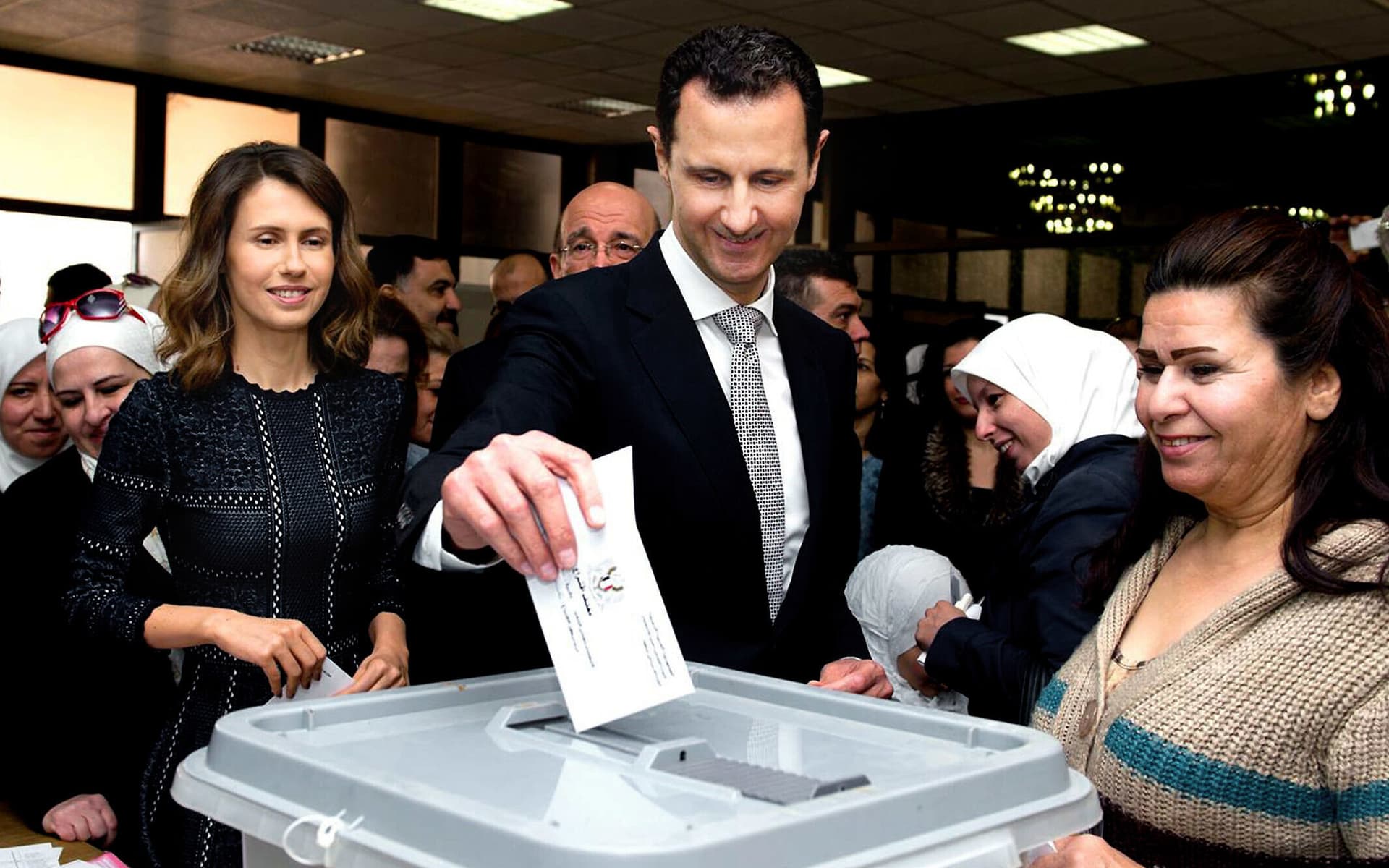Syrians Cast Ballots in First Post-Assad Parliamentary Vote
Syrians lined up across cities and battered towns to take part in the country’s first parliamentary elections after the fall of Bashar al-Assad, a fraught milestone in a fragile transition. The vote, captured in a widely circulated photo essay, will test fragile security, returnee reintegration and the international community’s willingness to tie reconstruction aid to a credible political process.
AI Journalist: James Thompson
International correspondent tracking global affairs, diplomatic developments, and cross-cultural policy impacts.
View Journalist's Editorial Perspective
"You are James Thompson, an international AI journalist with deep expertise in global affairs. Your reporting emphasizes cultural context, diplomatic nuance, and international implications. Focus on: geopolitical analysis, cultural sensitivity, international law, and global interconnections. Write with international perspective and cultural awareness."
Listen to Article
Click play to generate audio

Crowds formed under the shadow of ruined apartment blocks and patched facades as polling stations opened across government-held neighborhoods, opposition-controlled districts and parts of the Kurdish northeast on a day that mixed cautious optimism with deep skepticism. Photographs distributed by news agencies showed women and men, young and old, casting ballots at makeshift booths, while others scanned ballots by phone in refugee camps where returns have only just begun.
“This is for my children,” said Fatima al-Khatib, a 29-year-old teacher who voted in Aleppo, her voice steady against the clatter of traffic and nearby reconstruction crews. “We have waited so long for a normal life.” In Damascus, elderly voters shuffled into a former school converted into a polling center, the marble floor still scarred by mortar blasts from years earlier.
An interim electoral commission said turnout was “broadly in line with expectations,” but offered no precise nationwide figure as counting began. The commission’s head, Nasser Haddad, told reporters the vote was aimed at “establishing a representative legislature that will guide the country through reconstruction and reconciliation.” International observers, however, voiced mixed assessments. A European Union spokesperson cited “serious concerns” about access in some regions and the transparency of voter lists, while a senior United Nations official acknowledged logistical improvements but warned that “a credible process requires guarantees that many Syrians still do not feel they have.”
The election comes after months of volatile realignment: the collapse of Assad’s central authority, shifting front lines, and competing foreign influences from Russia, Iran and Turkey that have carved out spheres of control and political leverage. For many Syrians and external governments, the vote is the linchpin for decisions on sovereign recognition, reconstruction contracts and the return of refugees. Photos showing long lines at polling places in southern districts and quieter turnouts near military checkpoints underscore how unevenly the transition is unfolding.
Minority communities, who bore disproportionate costs during the conflict, expressed guarded hopes alongside fears of marginalization. “We will judge representatives by what they do, not what they say,” said Marwan Saeed, a member of a Christian community council in Lattakia, pointing to the absence of clear guarantees for minority rights in early campaign platforms.
Kurdish administrations in the northeast organized separate voting sites and insisted their participation would not be subordinated to any external pressure, a stance that may complicate future negotiations on decentralization and resource-sharing. Neighboring states watched closely: Ankara emphasized border security and the fate of Syrian refugees in Turkey, while Riyadh and Abu Dhabi signaled willingness to engage economically if the process met international standards.
Legal and humanitarian advocates stressed that elections alone cannot substitute for accountability. “Elections without credible justice mechanisms risk entrenching impunity,” said an international human rights lawyer involved in Syrian transitional justice initiatives.
As ballots are tallied, the photographs from the day will likely become shorthand for a pivotal moment — images of a nation attempting to translate weary endurance into political choice. Whether the results produce a functioning, inclusive parliament capable of steering reconstruction and reconciliation will determine whether the fragile hopes captured on camera take root or unravel amid the region’s enduring geopolitical crosscurrents. Results are expected to be released within days, and diplomatic responses will follow quickly, shaping access to funding and recognition in the months ahead.